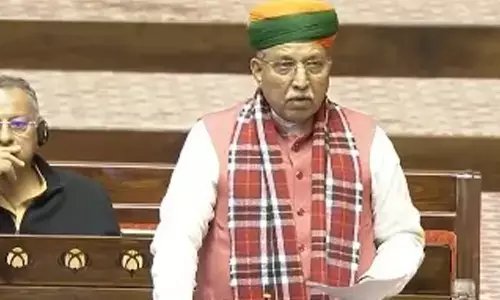National Anti-Terrorism Day 2024: History, Significance, and Observance on May 21

National Anti-Terrorism Day is observed annually in India on May 21 to commemorate the assassination of former Prime Minister Rajiv Gandhi.
National Anti-Terrorism Day is observed annually in India on May 21 to commemorate the assassination of former Prime Minister Rajiv Gandhi. Gandhi, who served as the sixth Prime Minister of India, was killed on May 21, 1991, in Sriperumbudur, near Chennai, by a suicide bomber from the Liberation Tigers of Tamil Eelam (LTTE). Rajiv Gandhi had assumed office on October 31, 1984, following the assassination of his mother, Prime Minister Indira Gandhi, becoming India's youngest Prime Minister at the age of 40. The VP Singh government established Anti-Terrorism Day to honor Rajiv Gandhi's memory and to educate the public about the detrimental impacts of terrorism and violence on society and the nation.
Observance Date
Anti-Terrorism Day in India is observed on May 21 each year, marking the death anniversary of Rajiv Gandhi. He was assassinated by the LTTE, a militant organization that sought a separate homeland for Tamils in Sri Lanka.
Historical Background
Rajiv Gandhi became Prime Minister after the assassination of his mother, Indira Gandhi, on October 31, 1984. He served from 1984 to 1989. In 1987, Rajiv Gandhi sent Indian peacekeeping forces to Sri Lanka to help enforce peace, a decision that faced significant criticism both domestically and internationally. This move led to increased animosity with the LTTE, potentially contributing to his assassination during an election campaign in Sriperumbudur, Tamil Nadu.
Significance of the Day
National Anti-Terrorism Day serves multiple purposes:
• Commemoration: It honours the memory of Rajiv Gandhi.
• Awareness: The day aims to raise awareness about the adverse effects of terrorism and violence.
• Promotion of Peace: It encourages people to choose peace, unity, and harmony over violence.
• Global Message: The observance underscores India's determination to combat terrorism in all forms.
• Victim Remembrance: It also honours all victims of terrorism, advocating for a world free from such devastating impacts.
Activities and Events
On this day, various organizations and educational institutions across India conduct debates, discussions, and seminars focused on the impact of terrorism. These events serve as a reminder of the importance of staying united in efforts to eradicate the evils of terrorism from society.
National Anti-Terrorism Day highlights the ongoing struggle against terrorism and the importance of maintaining peace and security in the nation.














